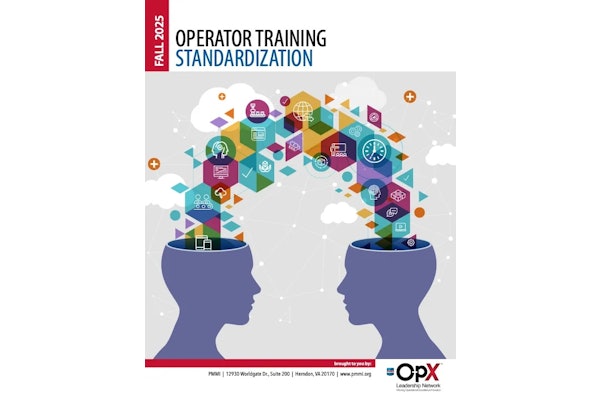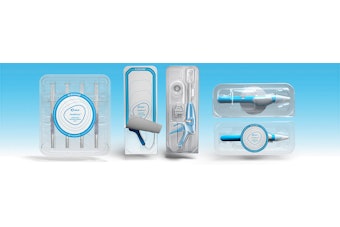According to a recent CNN article, the FDA has granted approval for the oral contraceptive Opill to be available over-the-counter, making it the first non-prescription birth control pill in the United States. Expected to be on shelves only in early 2024, Opill is a "mini-pill" that uses progestin and does not contain estrogen, with an effectiveness rate of about 98% when taken as directed. The approval of Opill is being hailed as a crucial advancement in reproductive health care accessibility, as it eliminates barriers like time-consuming appointments and complex prescription refill protocols. Additionally, Opill may serve other medical purposes beyond birth control, such as treating conditions like polycystic ovary syndrome.
Opill differs from combination birth control pills, which contain both progestin and estrogen. While Opill may have some side effects like irregular bleeding and headaches, it is considered safer for people with certain medical conditions like migraine headaches and uncontrolled blood pressure. Despite the approval, the cost and insurance coverage for Opill still aren’t clear. There is hope that insurers will continue to cover it, as with Plan B emergency contraception, which is available over-the-counter but still often covered by insurance. Experts also foresee potential legal challenges following recent rulings related to the FDA's approval of certain drugs. Nevertheless, the otc approval of Opill is seen as a step towards normalizing contraception accessibility and empowering individuals in their reproductive health choices.























